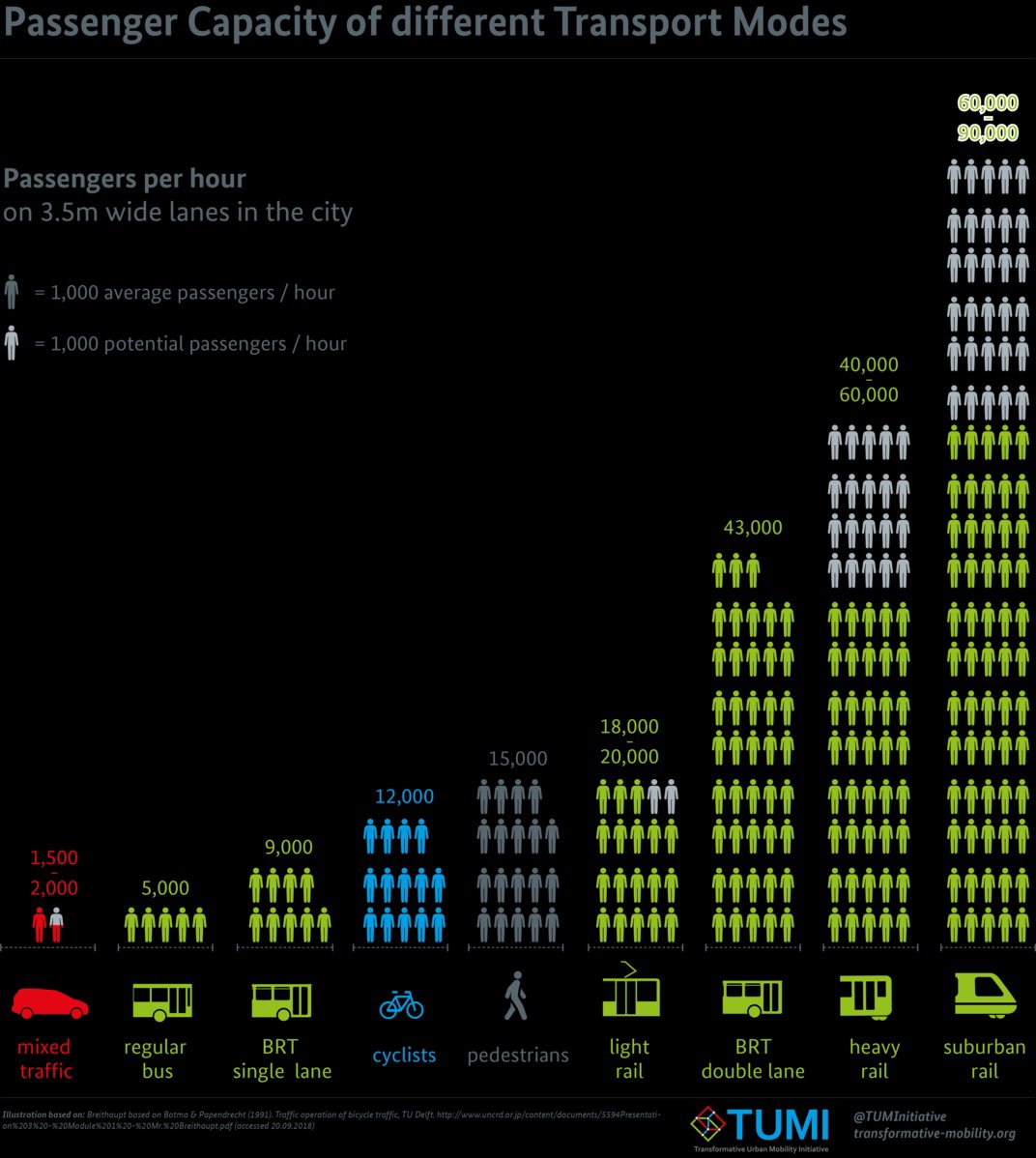Fuck Cars
A place to discuss problems of car centric infrastructure or how it hurts us all. Let's explore the bad world of Cars!
Rules
1. Be Civil
You may not agree on ideas, but please do not be needlessly rude or insulting to other people in this community.
2. No hate speech
Don't discriminate or disparage people on the basis of sex, gender, race, ethnicity, nationality, religion, or sexuality.
3. Don't harass people
Don't follow people you disagree with into multiple threads or into PMs to insult, disparage, or otherwise attack them. And certainly don't doxx any non-public figures.
4. Stay on topic
This community is about cars, their externalities in society, car-dependency, and solutions to these.
5. No reposts
Do not repost content that has already been posted in this community.
Moderator discretion will be used to judge reports with regard to the above rules.
Posting Guidelines
In the absence of a flair system on lemmy yet, let’s try to make it easier to scan through posts by type in here by using tags:
- [meta] for discussions/suggestions about this community itself
- [article] for news articles
- [blog] for any blog-style content
- [video] for video resources
- [academic] for academic studies and sources
- [discussion] for text post questions, rants, and/or discussions
- [meme] for memes
- [image] for any non-meme images
- [misc] for anything that doesn’t fall cleanly into any of the other categories
Recommended communities:
view the rest of the comments

I did a bicycle+light rail for a year and it took me about 2x the time to get everywhere I needed to go, but I could do it in a car centric city. You can't expect rural folks to have access to public transportation though. Suburbs are a stretch too in some areas.
Now I can only speak for the US, but most major cities have ring roads or some sort of bypass that would be perfect for a hub and spoke sort of setup alongside them. Maybe it's just the fact that the university I went to famously has a light rail system and the concept is just embedded in me, but I'd imagine the uptake of a park and ride approach with stations out in the burbs (certainly not all of them, but laid out so that you don't need to go more than a burb or two over to reach a station) would be high enough to be worth it. Putting in some shops at the stations like an airport foodcourt would help offset building costs and whatnot to a degree over time as well. Then you could tie the hubs into other major cities in the state and you've got yourself a compelling transit system, doubly so if those cities have subways.
A benefit of starting with a park-and-ride setup is, if you have good protected bike lanes and secure bike parking, you can encourage a lot of bike and ebike trips to the transit hubs. If every suburb isn't too far from a transit hub, that makes a compelling case for bikes and ebikes as first- and last-mile solutions for a lot of people. Maybe not everyone, and maybe not overnight, but definitely for a lot of people. And any improvement is still improvement.
I understand what it means, but "last mile" is a really funny term because walking a mile is apparently inconceivable to the average american
Man, I'm fat as fuck and I still regularly walk 2 miles to go get junk food. 1 mile there, 1 mile back. Once walked 5 miles cuz I got lost on a hiking trail and that sucked. But mostly due to being lost in the god damn woods.
You know, the bike wrinkle is something I hadn't even considered. That's an awesome point and all the more reason why we need to build a better transit system.
Multimodal transport is amazing. Ride bike to station - ride a fast train - ride from station to destination.